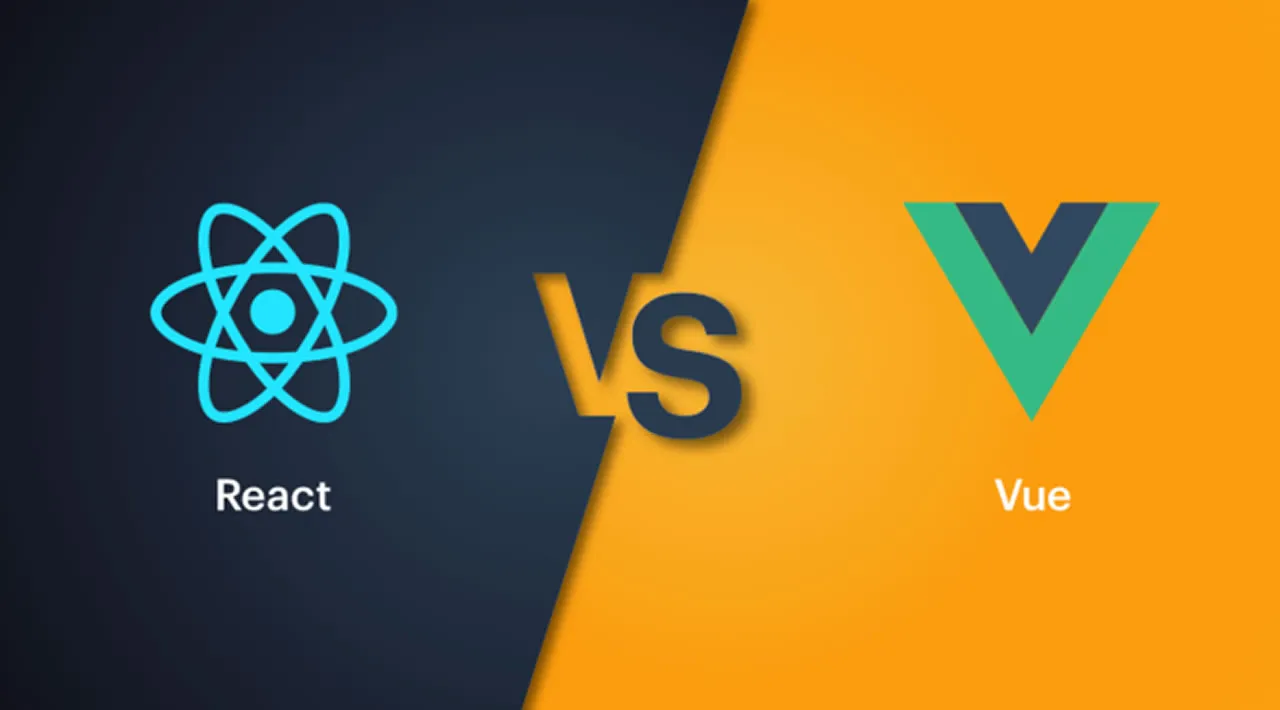React vs. Vue in 2021: We’ve put together this convenient guide to help you better understand the use cases of Vue vs. React and determine which one will work best for your next project.
While JavaScript frameworks are now vital for web app development, many companies struggle to choose between React and Vue for their projects. The short answer is that there is no clear winner in the general React.js vs. Vue.js debate. Each framework has its pros and cons and is useful for different applications. So, we’ve put together this convenient guide to popular frameworks, to help you better understand the use cases of Vue vs. React and determine which one will work best for your next project.
Vue.js vs. React — What Are They?
Both React and Vue are open source JavaScript frameworks that make it easier and faster for developers to build complex user interfaces. Before we get into the React vs. Vue comparison, we’ll give you a brief overview of each one.
The React JavaScript library offers increased flexibility by utilizing ‘components,’ short, isolated sections of code that developers can use to create more complex logic and UIs. React interacts with HTML documents through a ‘virtual DOM,’ which is a copy of the actual DOM, but all of the elements are represented as JavaScript objects. These elements, along with React’s declarative programming style and one-way data binding, simplify and speed up development.
Vue also features two-way binding and components and uses a virtual DOM. However, Vue’s major draw is its progressive design. Vue is designed to allow developers to migrate existing projects to the framework incrementally, moving features one by one, rather than all at once. So, depending on your project’s requirements, you can use Vue as a full framework or as a lightweight library, and anything in between.
#react #vue #javascipt #web-development
